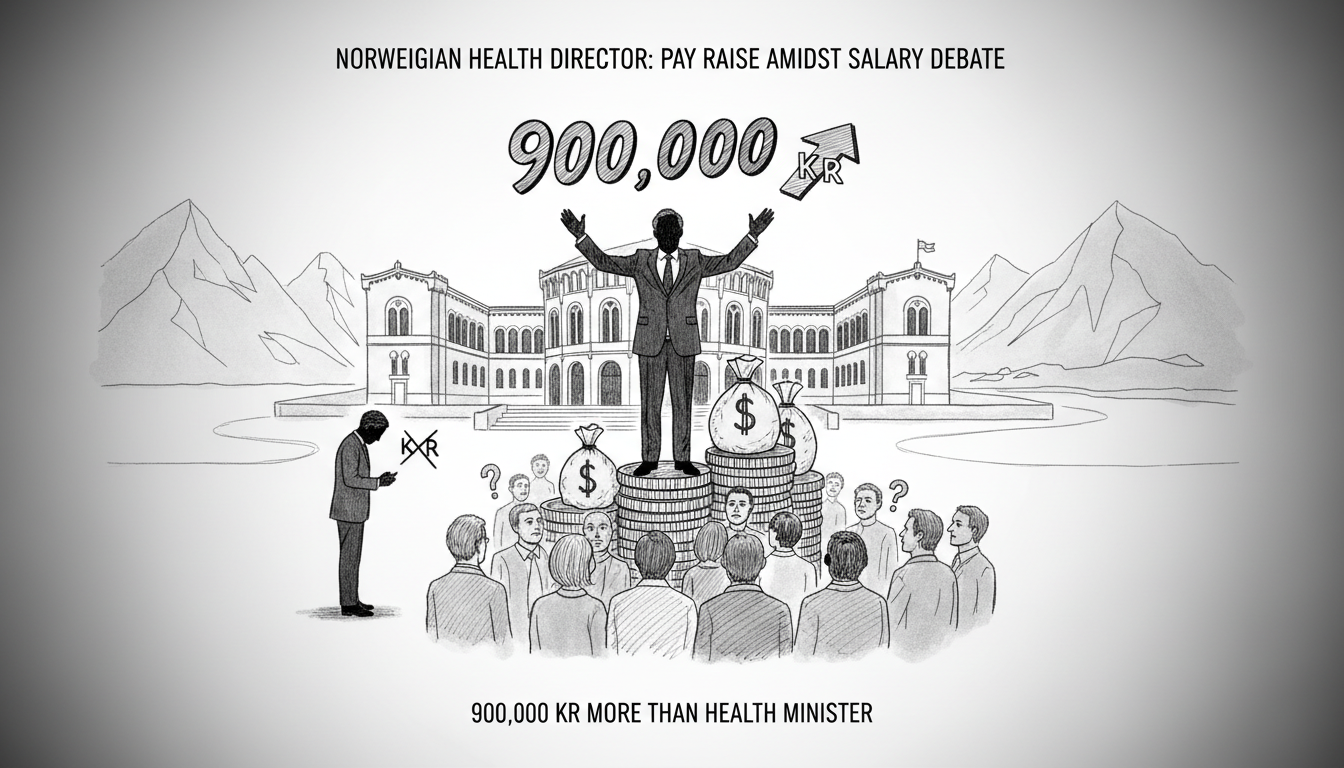A regional Norwegian health authority approved a salary increase for its director despite ongoing controversy over executive compensation in the public sector. The board of Helse Vest, which oversees healthcare in Western Norway, granted CEO Inger Cathrine Bryne a 4.4 percent raise on November 12.
The decision comes during intense public debate about leadership salaries in Norway's state-owned enterprises. Bryne now earns approximately 900,000 Norwegian kroner more than Norway's health minister.
Bryne addressed the compensation discussion in a recent statement. She emphasized the importance of transparency for public servants. "I understand that leadership salaries in state-owned companies are debated," she said. "There should be openness about salary when we work on behalf of society."
This situation highlights Norway's complex relationship with public sector compensation. The country maintains strong egalitarian principles while competing for executive talent in global markets. Health sector leaders in Norway typically earn substantially more than elected officials, reflecting different compensation structures.
The salary gap between technical experts and political leaders presents an ongoing challenge for Nordic welfare states. These nations strive to balance fair wages with public trust in government institutions.
Norwegian public sector salaries remain transparent under the country's freedom of information laws. Citizens can access detailed compensation data for government employees. This transparency fuels regular public debates about appropriate pay levels.
Regional health authorities in Norway operate with considerable autonomy despite state ownership. Their boards make independent decisions about executive compensation within government guidelines. This structure sometimes creates tension between local management and national political priorities.
The healthcare director salary controversy reflects broader questions about value and compensation in Nordic societies. These nations continuously negotiate between market rates and social democratic principles.
What does this mean for Norway's healthcare system? The debate touches on recruitment challenges, public perception, and the balance between administrative and clinical spending. Competitive salaries may help retain experienced leaders, but they also risk undermining public confidence.
Norwegian health executive compensation will likely remain a contentious issue. The country's commitment to transparency ensures these discussions will continue in public view.

